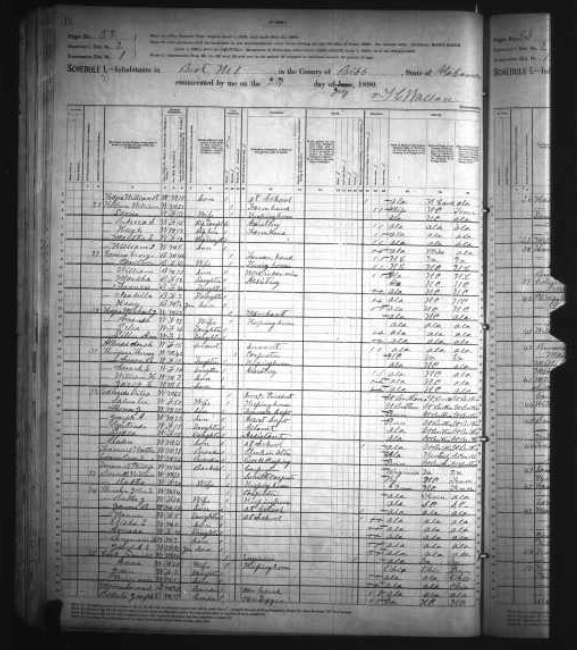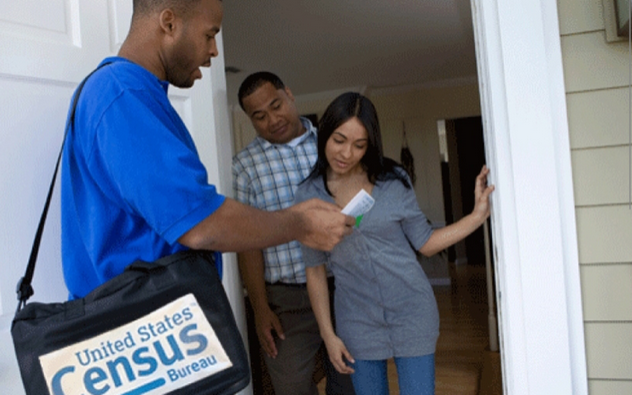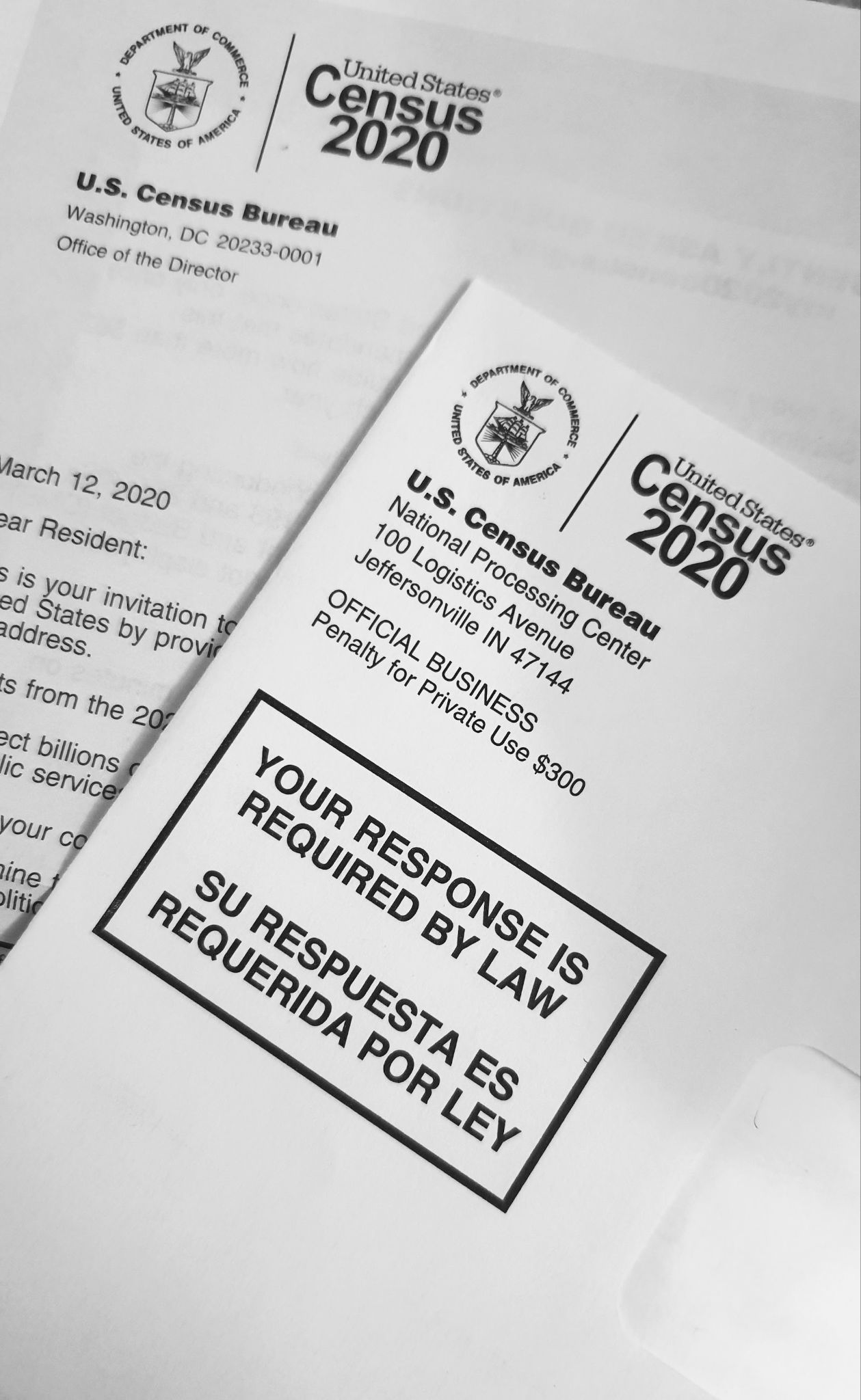Census Records: Does It Help in Genealogy Research?
In this post we are going to learn more about what census records are and whether or not they might be helpful tools for our family history research. If you have yet to explore the world of census records, read on to find out more about them, what they can tell us and whether there are any pitfalls to them as genealogical documents.
What Is the Census?
A census is an often government initiated procedure of systematically recording and calculating factors about society. These can include censuses of agriculture, traditions, businesses, supplies and traffic among others. In this article however we are going to look at population censuses which may hold pertinence for genealogists.

The United Nations suggests that population and housing censuses should be taken at least every 10 years. These censuses often have multiple questions designed to get an accurate account of a country or region's population and demographics in order to make decisions about the needs of that area.
History of Censuses
The concept of censuses has existed for thousands of years and have been attached to taxation for a long time. It is thought that some of the earliest censuses taken may have occurred in Egypt between 2040 – 1782 BCE.
Ancient Greeks also practiced census taking and the bible mentions censuses being undertaken to determine taxation for the upkeep of the Tabernacle. Censuses were taken of the Israelites according to the bible.
Cultures like the Chinese, India and the Romans all practiced some form of early census taking for varying reasons although none of these would likely be of use or available to the modern genealogist.
Modern Day Censuses
The censuses that we might use in the modern era for the purposes of genealogy are relatively new. As an example in the UK between 1801 – 1831 censuses were very basic and were little more than a headcount with no biographical questions asked.
Since 1841 in the UK there has been a census every 10 years with an increasing amount of questions being asked of the population. In the early days the questions included name, approximate age, whether they were born in the county they now reside and general occupation.
The U.S. Federal census is slightly older originating in 1790 and through to 1840. It was again more or less a head count only listing the name of the head of household although numbers of genders and particular age groups are recorded. Numbers of free white, free people of color and slaves within a household are also recorded.

Names of all free persons within a household started to be recorded from 1850 onwards and in the successive censuses more and more detailed questions were asked of the household. Over time questions regarding ethnicity, country of origin, time in the US and naturalization status became part of the census joining the standard information regarding age, occupation, marital status and basic financial details.
Many nations around the world have census records and may have been running them for many decades. Some will be available for the public to search although often you can only see older records that usually contain people who have long since passed away. As an example the 1921 UK census is the most recent available for that region and in the US the 1950 census is the most recent to be available.
What Can Census Records Tell Us?
You might be surprised just how much a census record can tell us about our ancestors and how helpful they can be in tracing our family back through the decades. As an example the 1921 UK census confirmed for me that a suspected father for my maternal grandmother based on DNA lived right next door to her mother around the time of her birth.
Census records tell us not only about the individuals in our family including direct ancestors but also their siblings and cousins. Knowing the structure of a family can help us find this family as a group in a census record. We then know where they lived, what they did for work and who the people were that lived near them.
We can get answers about when our ancestors may have moved to a different region or country and also sometimes unknown ancestors' names. You might for instance find a parent of an ancestor who you did not know the name of living in the household of their child in their older years.
These 10 year snapshots of a brief period in time can tell us a great deal about the course of the family. As an example I could trace the rise and fall of one of my ancestors' farming empire. I could see the farm grow in size and then watch it shrink prior to it being passed onto one of his sons and eventually be sold off completely over the span of 6 decades.
As mentioned, older census records have less to tell us but they can still offer some details and be used as clues for further research. The more modern census records have more detail and can be very telling about a family's growth as well as their prosperity.
Are Censuses a Perfect Document for Genealogy?
Now I have just heaped praise on how helpful a census can be but I must also make it clear that you can’t take everything in a census as gospel truth. We have to factor in that many censuses were performed by census takers who went house to house interviewing the inhabitants.

Mistakes could be made with misunderstandings, the people being interviewed may not tell the full truth about who is in the household and where the family may have originated. Sometimes the provider of the information may be a neighbor who does not know the true story of the people who live next door.
The point is that census information can be tremendously useful but take each piece as a clue rather than proof until it can be backed up with other supporting records. A census does not stand alone to prove anything of importance in genealogy but it might tell us when a certain ancestor was roughly born, allowing us to refine our search and locate an official record of that event.
Final Thoughts
Census records without question can be very helpful with genealogy research but we must be aware of the potential for mistakes or misinformation that may be contained within. Treat them as a source of clues which may direct you to finding actual proof in the form of more official documents. You may discover an ancestor arrived in the US in 1875 and you can search ship manifests from that year for that ancestor and find that record.
Link To or Reference This Page
We spent a lot of time downloading, cleaning, merging, and formatting the data that is shown on the site.
If you found the data or information on this page useful in your research, please use the tool below to properly cite or reference Name Census as the source. We appreciate your support!
-
<a href="https://namecensus.com/blog/census-records-does-it-help-in-genealogy-research/">Census Records: Does It Help in Genealogy Research?</a>
-
"Census Records: Does It Help in Genealogy Research?". NameCensus.com. Accessed on April 27, 2024. https://namecensus.com/blog/census-records-does-it-help-in-genealogy-research/.
-
"Census Records: Does It Help in Genealogy Research?". NameCensus.com, https://namecensus.com/blog/census-records-does-it-help-in-genealogy-research/. Accessed 27 April, 2024
-
Census Records: Does It Help in Genealogy Research?. NameCensus.com. Retrieved from https://namecensus.com/blog/census-records-does-it-help-in-genealogy-research/.
